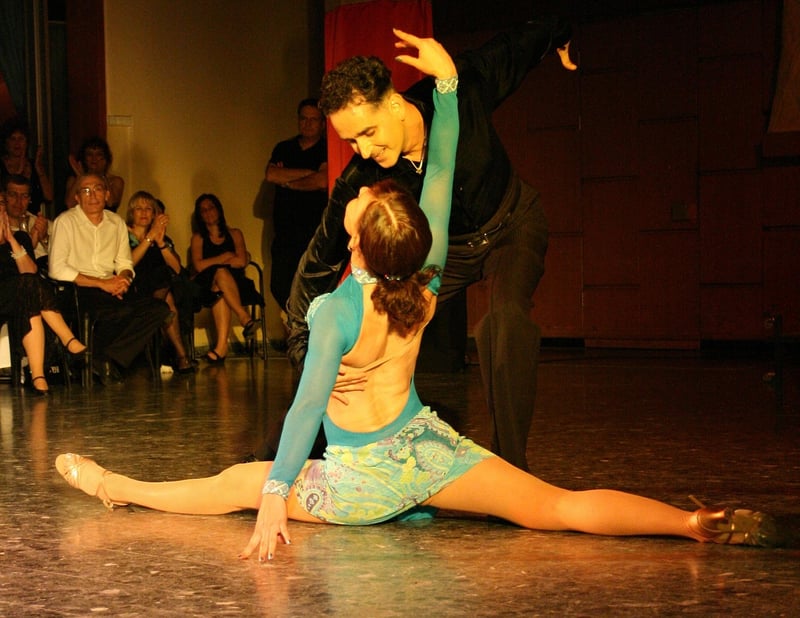Rhythmic Movement
The Therapeutic Benefits of Dance Forms and Rhythmic Movement
Dance has been used as a form of expression and therapy for centuries, with various dance forms offering unique benefits to individuals. In recent years, the therapeutic benefits of dance and rhythmic movement have gained recognition in the fields of psychology, physical therapy, and overall well-being.
1. Ballet

Ballet, with its graceful movements and focus on strength and flexibility, can improve posture, balance, and coordination. It also enhances concentration and discipline while providing a creative outlet for emotional expression.
2. Salsa

Salsa dancing is not only a fun social activity but also a great way to boost cardiovascular health and improve endurance. The lively music and intricate footwork can uplift moods and reduce stress levels.
3. Modern Dance

Modern dance encourages self-expression and experimentation with movement. It can help individuals tap into their emotions, release tension, and improve body awareness through fluid and dynamic choreography.
4. Rhythmic Movement Therapy

Rhythmic movement therapy focuses on the connection between movement and emotions, aiming to regulate the nervous system and promote relaxation. It can be particularly beneficial for individuals with anxiety, trauma, or sensory processing issues.
5. Flamenco

Flamenco dancing, characterized by its passionate movements and percussive footwork, is a powerful form of self-expression. It can boost self-confidence, improve coordination, and provide a sense of empowerment through rhythmic storytelling.
Incorporating dance forms and rhythmic movement into one's routine can have profound effects on physical, emotional, and mental well-being. Whether through structured classes or spontaneous dancing at home, exploring different dance styles can open up new avenues for self-discovery and holistic healing.
Embrace the joy of movement and let the rhythm guide you towards a healthier and more balanced life!
